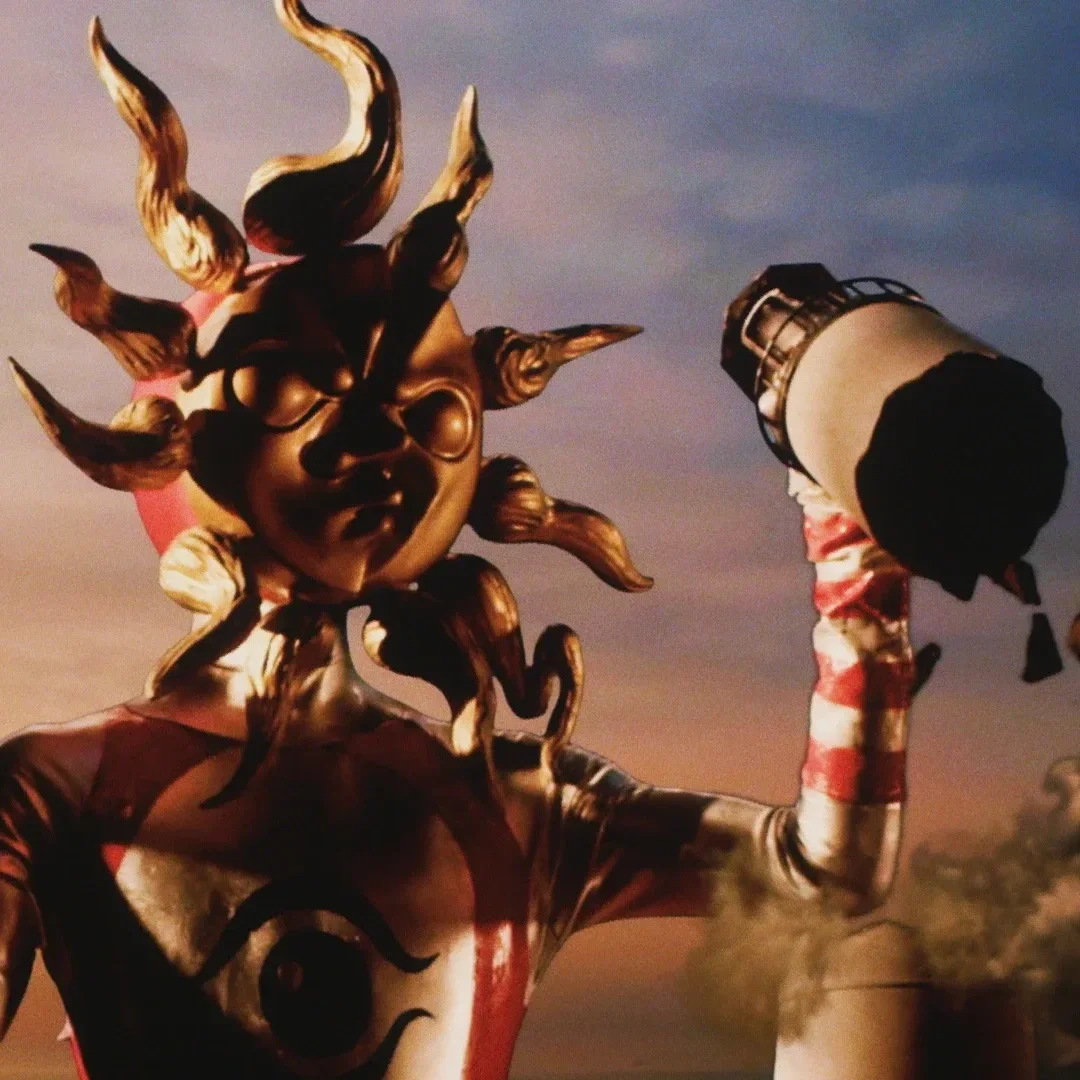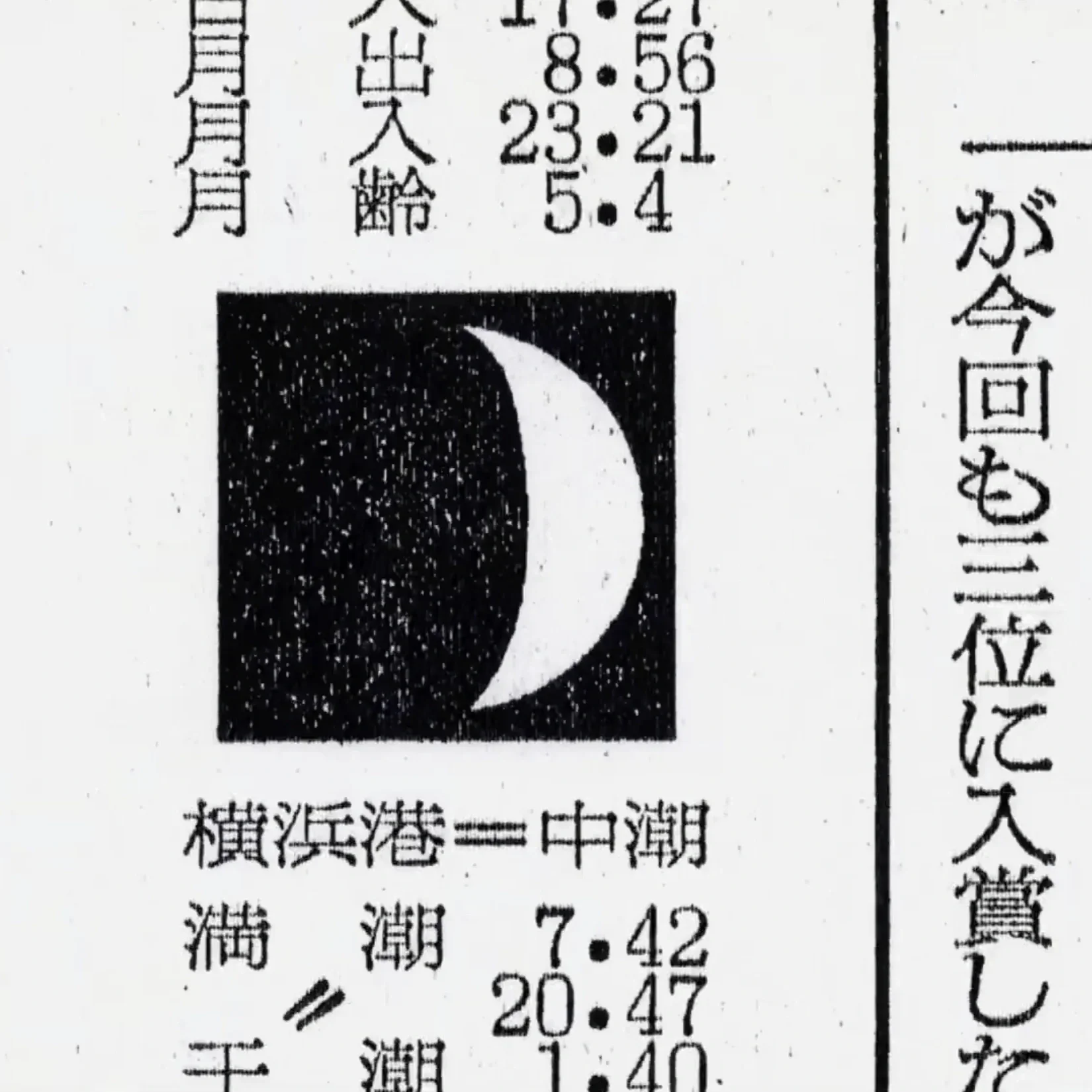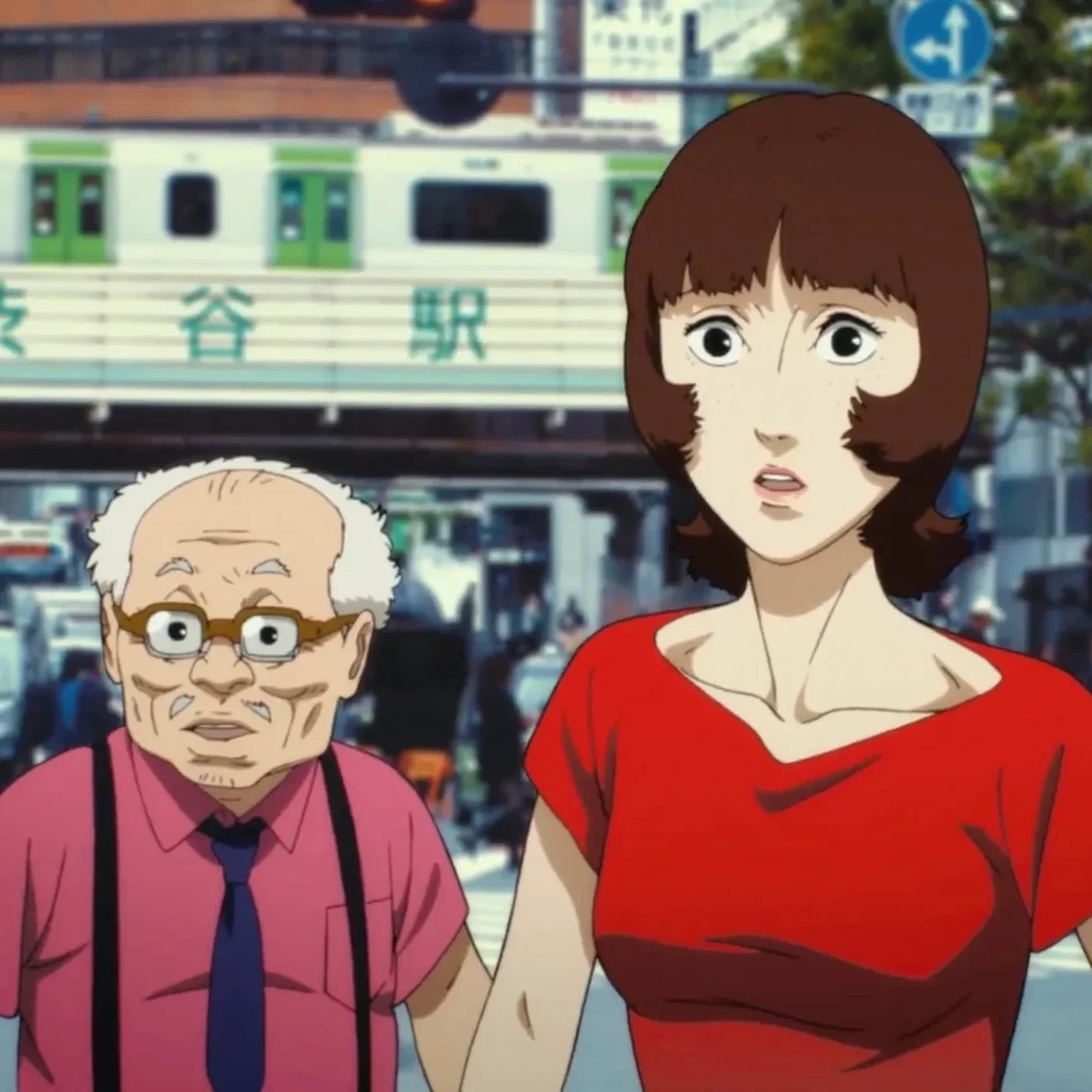Yukio Mishima - From Lost Samurai to Literary Genius
Yukio Mishima 1955│via Wikimedia Commons│© Ken Domon
Ever feel lost and adrift, searching for meaning in a world that seems indifferent? This existential struggle is a recurring theme in the works of Yukio Mishima, one of Japan's most celebrated and controversial novelists. Novels like The Confessions of a Mask and The Sailor Who Fell from Grace with the Sea delve into the psyches of protagonists grappling with alienation, societal pressures, and a yearning for purpose.
The life of Yukio Mishima
Mishima was born in 1925, January 14 in Tokyo, Japan. He is one of the most enigmatic writers in the 20th century when it comes to Japanese literature. From his writings blended with tradition and modernity, paving paths to the concepts of existentialism, nihilism and such, Misihima also had an interesting way of living life. Filled with greatness, controversy,and philosophical insights, Mishima remains an icon in Japanese literature.
Beyond his literature, his life was also as intriguing, complex and rapid as his creations. From a very early age, Mishima showed signs of sensitivity to his surroundings, which would manifest in his writings as his deep and profound interest for the human condition, mind and its terrors of complexity. His life and upbringings were marked by both privilege and turmoil, which would later result in the multiple personas he would portray in his novels.
Growing up in a samurai family in Pre War Japan, Mishima’s family once held a status for themselves which was later diminished due to the war. Mishima, raised by the senses, standards and morals of his family, still deeply valued duty, honour and tradition as a part of his life. Curated by his grandmother, Natsu, Mishima had a major and crucial influence which would later be one of the root causes of his literary creativity. His grandmother also introduced him to classical Japanese literature and the ethos of the samurai, where he got the inspiration and the values for what he perceives as morals and conduct.
However, Mishima also had his fair shares of problems in his childhood. He was a sickly child and he was often alienated from his peers which might have been the trigger to his world views and his thirst for literature, which turned out as an escape to the harsh reality he faced as a child.
When he entered his adolescence, Mishima began to be inspired by those stories and things around him, which pushed him onto a path of a literary genius and although his family wanted him to choose a career that would be much more conventional, Mishima's passion for literature had already bloomed by that point.
Yukio Mishima in 1953│via Wikimedia Commons│unknown author
Life after the war
In 1944, Mishima’s life took a drastic change when Japan lost the war. He started struggling with his national identity and the values he perceived for society and politics. During this time of upheaval he also questioned what the individual is and its role in this society. He released several books after the war, which some would later connect to his feelings and thoughts on the war.
However, it was only after the war that Mishima started getting recognition as an emerging young writer. Having released books like “The Confessions of a Mask” and “Thirst for Love”, his works often touched the concepts and aspects that the Japanese society would regard as taboo or not to be talked about during those times. The deep psychological insights that Mishima offered was very intriguing and complex yet interesting for the audience to interpret.
Despite his literary success, Mishima did not stop his works as a writer and due to his questions regarding the individual and individualism, Mishima turned to the study of martial arts, philosophical questions and Japanese traditions.
Having these questions and thoughts while reconciling with what he believes, Mishima produced so many literary works that are still being interpreted and read by scholars and people of all sorts in today’s society.
Yukio Mishima on the balcony of the Japan Ground Self-Defense Force building in Tokyo, before committing seppuku│via Wikimedia Commons│© ANP scans 8ANP 222
Literary Icon
In the temple of golden pavilion, where the book is set in the real life locations of Kyoto`s Kinkakuji, the protagonist is Mizoguchi, a young and confused acolyte who is desperately trying to find what beauty is. His conquest on finding transcendence and fulfilling spiritual desires pushed him to obsession. The desire to find the innate beauty in his own perception of reality made him obsessed with the beauty of the temple and in his own hues of adequacy, angst and despair, Mizoguchi started finding means to preserve his own memory of beauty and reality.
The Confessions of a Mask is a book where Mishima delves into existential and nihilistic angsts and in the book, the protagonist is portrayed as someone who is struggling to align his own innate desires, conflict and turmoil to societal expectations. The story is set in the pre world war II era of Japan, where he tries to avoid repression and conformity yet feel suffocated by societal norms. As he reaches his adolescence, the protagonist's struggle becomes broader which includes a wide range of concepts such as identity, gender and sexuality. This journey of self-discovery portrays the protagonists`s existential angst, nihilistic tendencies and his desire to find authenticity and meaning. This timeless novel intricates the human desire to find meaning no matter where we are and how we usually question ourselves with what we are doing.
A haunting experience on the human condition where nihilism plays a huge part in our lives can be seen and read in The Sailor who Fell from Grace with the Sea. The novel sets off with two main protagonists, Noboru, a teenager questioning the world and reality, and Ryuji, a sailor who symbolises adventure liberation and adventures. After some affiliations and affair between the two of them, Noboru`s perception of Ryuji became stained and the complexities of nihilism, the youth valour to rebel and the innate desire to perceive beauty start partaking and the novel goes on. The novel`s poignant bits on a traumatised generation due to the aftermath of the war and the human condition to look for beauty and authenticity remains the key points of this literary piece.
Blending modernity and tradition
Mishima left a legacy behind in Japanese literature with his bold expressionism and his unique blend of tradition and modernity. Mishima’s literary work covers a wide range of topics which includes the existential angst of human existence to societal norms and pressure. He went toe to toe with the complexities of the human mind and what society perceives them as.
Mishima explored the existential anguish of the human heart boldly without a single flinch. He explored the so-called taboo concepts such as sexuality, death, brutality and violence. His tendency and his works which challenged these norms and concepts cleared all bounds of literature and these pushed his works to be remarked in Japanese literature. In books like “The Confessions of a Mask” and “The Sailor who Fell from Grace with the Sea”, we can see protagonists struggling with their own inner conflicts which leads to questioning what they perceive the world as and its values.
One of the most distinguishing aspects of Mishima’s works is his unique blend of tradition and modernity. Mishima looked up Japanese traditional books and plays such as the tale of Genji, Noh Theatre, Japanese folktales, Bushido ( the code of the samurais) and such and used these as symbolic concepts to weave his understanding and thinking of literature and his characters. Many of his characters are entwined with existentialism and nihilism, where they find meanings of the absurd concepts and situations that they are facing and struggle with the whole process of giving a meaning to what they perceive as reality.
Throughout his works, Mishima seemed to reconcile the rich cultural heritage of Japan with the rapid modernisation and westernisation. He always used elements of Japanese traditional aesthetics, philosophical thinking and folklore with contemporary scrutinisation. In Novels like “The Golden Pavilion” and “Spring Snow”, we can see the juxtapositions and how Mishima blended his thoughts on ancient and traditional Japanese concepts with the values and concepts he is perceiving nowadays.
One of the most timeless and impressive contributions to literature is his cohesive and compact narratives and tapestry. Drawing and using concepts from classical literature, Zen Buddhism and Noh Theatre, Mishima's characters usually struggle with the omnipotence of existence and the search for meaning. Grappling with the weight of tradition and the pressure of rapidly changing modernity, he explored the complex characteristics of the human mind by the characters he weaved and crafted as vessels.
Mishima’s final act
Yet, it is not only Mishima’s literary works that define his greatness but also his controversies. His legacy is a tapestry woven with greatness, boldness and a streak of enigmatic darknesses.
At the very centre of Mishima’s controversy lies his nationalism and his frivolous traditionalism. As Mishima’s works are always blended with traditionalism and modernity, he yearned for Japan’s status before the war, which is imperialism. Mishima’s vehement yearnings for traditionalism and imperialism often clashed with intellectuals of his era and age and these opinions of his usually alienated him from society and stirred debates about reviving militarism in rapidly changing Japan. The values and the ideas which Mishima perceived as acceptable and great did not align with what Japanese society that time was being curated into.
Yukio Mishima and Shintaro Ishihara in 1956│via Wikimedia Commons│unknown author
Mishima’s unapologetic works about homosexuality often went toe to toe with the cult of masculinity in Japanese society. In his works like “The Confessions of a Mask” and “Forbidden Colours”, Mishima openly and boldly expressed his beliefs and opinions regarding these topics which might have made some readers of that age a bit uncomfortable and raised some eyebrows.
However, it was in 1970 that Mishima would create the most controversial yet artistic act. Mishima staged a coup d'etat at the headquarters of the Japanese Self Defense Forces to revive the divine status of the emperor in Japan, which resulted in a failure. Mishima, accompanied by loyal companions of his private militia called the Tatenokai, tried to seize power and was in desperate attempts to restore Japan’s original status. The original plan was to initiate a nationwide uprising and oppose the reformist policies. The drama began to unfold when Mishima and his companions stormed the office of the commandant and took him hostage. Mishima, wearing a headband which has the hinomaru symbol and the kanji for “to be reborn seven times to serve the country”, gave a fiery speech.
Despite his enthusiasm and the speech, soldiers trained in the postwar era of Japan and in times where pacifism is taking over, were not moved and influenced by what Mishima had to say. In the speech Mishima also mentioned that the JSDF members were denying their own beliefs and their existence by following these current post war policies and that the spirits of the Samurai are long gone.
That event shocked the whole national and global politics and later on Mishima resorted to Seppuku, which is a ritual suic!de. Mishima retreated to a nearby balcony and one of his members, Morita had to behead him according to the tradition but this was also a failure as the strike was not immaculate, which ended up in another member taking over this act, which caused great horror and drama.
This plan was so meticulous to a point where everyone who heard or read about this matter was left in awe and it also created a distortion between reality and fiction. Orchestrating this was a subjective interpretation but also a paradoxical confusion, very much like his works.
Yukio Mishima in 1956│via Wikimedia Commons│Shirou Aoyama
Admiration and Condemnation
Even after his death, there were still controversies regarding this matter. Was this really an act of patriotism and self-sacrifice, a desperate and dramatic act of extremism or his own transcendence to higher power? There were many perspectives regarding Mishima. While some saw him as a tragic hero who has genuine beliefs, some saw him as an extremist with atrocious morals. Regardless, his death and persona cast a dark shadow over his works, oscillating between admiration and condemnation.
Yet, amidst all these controversies, Mishima’s literary genius remains undeniable and his works are regarded as some of the greatest pieces in Japanese literature. His works captivate readers with interest, confusion, psychological demeanors and provoking themes. Exploring human nature and rebelling against what society sets as rules and norms, Mishima’s legacy serves as a testament to intellect, power and omnipotence.
In the end Yukio Mishima’s legacy could be categorised differently. A visionary artist, a nationalist, a controversial figure and a rebel, his works often reminded us that sometimes it is difficult for things to be objective and his persona reflected the human mind, often conflicted between light and darkness, usually where our thoughts and notions lie.
Book suggestions
These suggestions are some of the books that I had a chance to get my hands on and are my personal favourites. Please feel free to leave your thoughts and perspectives regarding these books.
The Confessions of a Mask
I had the chance to read the novel before I started writing this article. The story is based on a young boy called Kochan, struggling to come to terms with his identity, sexuality and his place in society, surrounded by what he thinks as alienation.Forbidden Colours
This is my personal favourite and the novel starts off with a female protagonist called Zeko, who later on became obsessed with a beautiful actress. The novel explores various themes and concepts like beauty and death, forbidden and taboo desires, social dilemmas and the power of obsession.The Sailor Who Fell from Grace with the Sea
I read this book twice but I didn't really get it the first time but now that I look back at it, I do feel like this is something readers should not miss out on. In this novel, the protagonist is Shun, a young boy discovering sea, where he feels ostracised by his fellows and surroundings. The devastating tendencies of nihilism, the desperate struggles to find a meaning for what we are doing in our daily lives and disillusionment, this novel explores various themes and settings of what we are encountering these days.Runaway horses
This book explores what happens when our desires or notions clash with one another. Isao, a young samurai, who is devoted to the code of Samurais thinks that the rise of reformist policies and capitalism, is an insult to Japan and we can pretty much see how Mishima thinks about his life including reincarnation, redemption and how he regards failure as a subjective matter.













The 70s schoolgirl gangs that shook Japanese society.